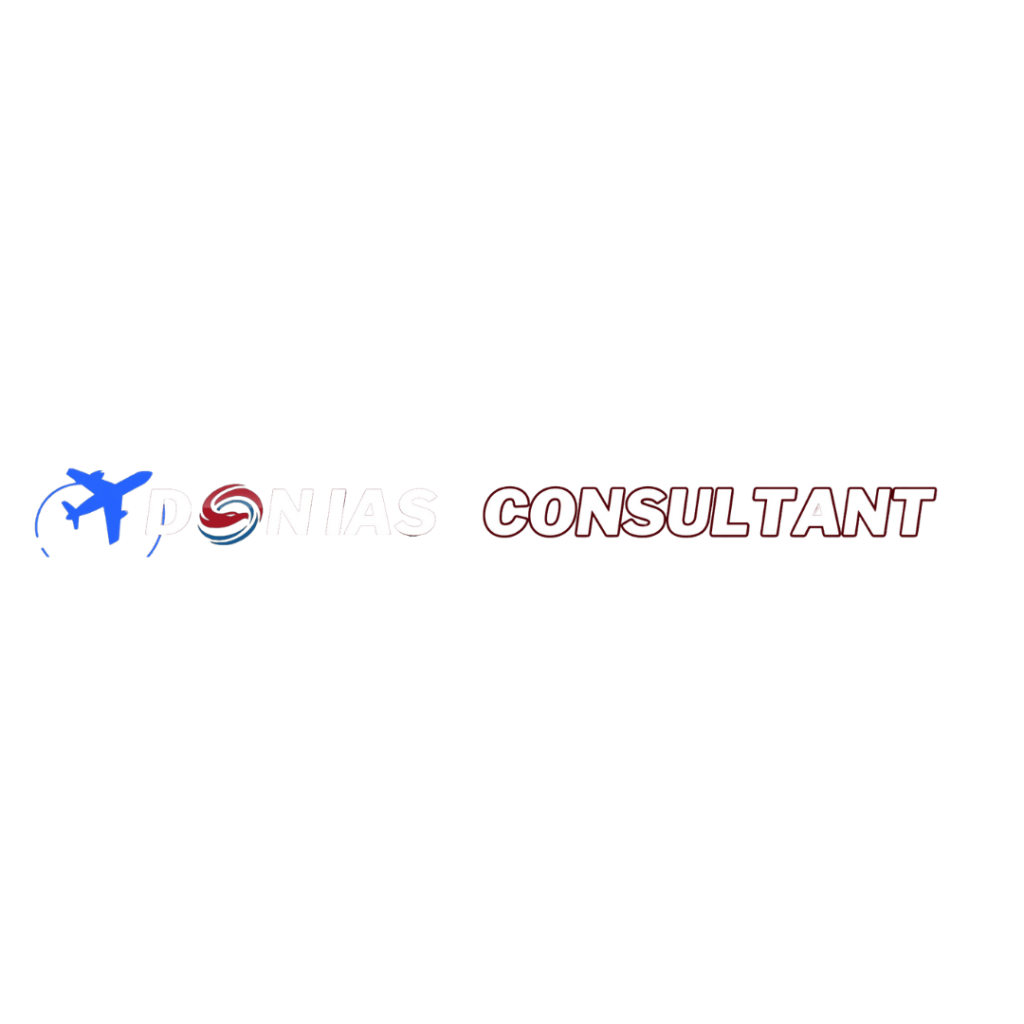Registration of Charges:
Companies can register charges created over their assets with the CAC. This service ensures that third parties are notified of any encumbrances or interests over the company’s assets, such as mortgages, debentures, or other forms of security. Registering charges provides transparency and protects the interests of creditors and potential investors.
Charges can be classified as fixed charges or floating charges. A fixed charge is created on specific assets of the company, such as land, buildings, or equipment. A floating charge, on the other hand, covers assets that may change over time, such as inventory, receivables, or future assets.
Frequently Asked Questions
Charges that need to be registered vary by jurisdiction, but commonly include charges on property, shares, debentures, intellectual property, and other significant assets of the company. It is important to consult the specific laws and regulations of your jurisdiction to determine the types of charges that require registration.
Generally, charges should be registered within a specified period from their creation. Retroactive registration may not be permitted or may incur penalties. It is crucial to register charges within the prescribed timeframe to ensure their validity and enforceability.
Failing to register a charge within the required timeframe may result in the charge being void or unenforceable against certain parties. It could also lead to potential legal complications, loss of priority, or difficulties in recovering debt in case of default or insolvency.
Some jurisdictions provide exemptions for certain types of charges or specific transactions. For example, small-scale or low-value charges may be exempted from registration requirements. It is essential to consult the laws of your jurisdiction or seek legal advice to determine any available exemptions.
The duration of the registration process varies depending on the jurisdiction and the efficiency of the registrar of companies. In some cases, registration can be completed within a few days, while in others, it may take several weeks. It is advisable to plan ahead and allow sufficient time for the registration process.
Yes, if there are changes to the terms of the charge or when the debt secured by the charge is fully repaid, it may be necessary to file additional forms to modify or discharge the charge in the register. This ensures accurate records and avoids any confusion regarding the status of the charge.
Yes, for cross-border transactions, charges may need to be registered in multiple jurisdictions where the assets are located. It is essential to comply with the registration requirements of each jurisdiction involved to establish valid security interests
The duration of the approval process varies depending on the complexity of the transaction, the jurisdiction, and the workload of the regulatory body. It is important to factor in sufficient time for the review process, which can range from several weeks to several months.
Once registered, the details of the charge, including the nature of the charge, the parties involved, and the assets covered, become part of the public record. Interested parties can access this information by inspecting the charge register maintained by the registrar of companies.
